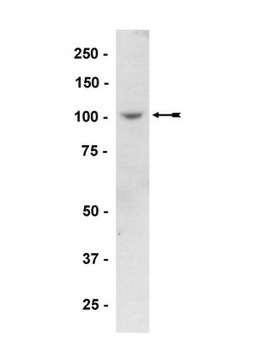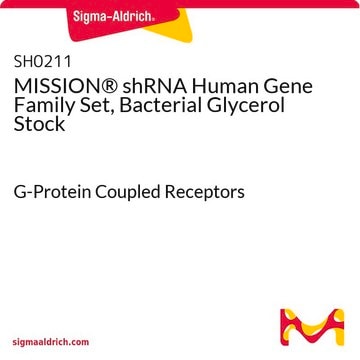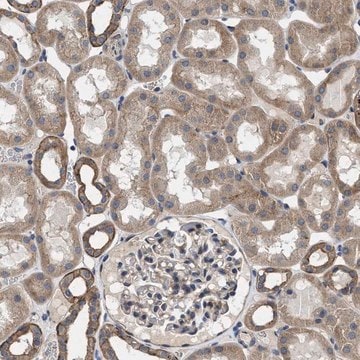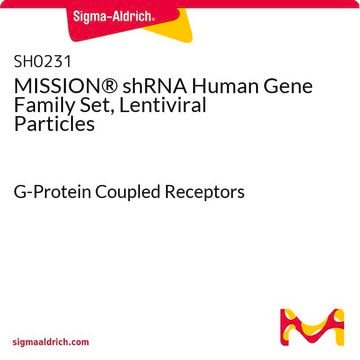ST1042
Anti-PKD2 Rabbit pAb
liquid, Calbiochem®
Synonyme(s) :
Anti-Protein Kinase D2
About This Item
Produits recommandés
Source biologique
rabbit
Niveau de qualité
Forme d'anticorps
affinity isolated antibody
Type de produit anticorps
primary antibodies
Clone
polyclonal
Forme
liquid
Contient
≤0.1% sodium azide as preservative
Espèces réactives
human
Fabricant/nom de marque
Calbiochem®
Conditions de stockage
OK to freeze
Isotype
IgG
Conditions d'expédition
wet ice
Température de stockage
2-8°C
Modification post-traductionnelle de la cible
unmodified
Informations sur le gène
human ... PKD2(5311)
Description générale
Immunogène
Application

Immunoblotting (1:500-1:5000)
Immunoprecipitation (1-4 g/mg lysate)
Conditionnement
Avertissement
Forme physique
Reconstitution
Remarque sur l'analyse
HEK 293 cells
Autres remarques
Sturany, S., et al. 2002. J. Biol. Chem.277, 29431.
Sturany, S., et al. 2001. J. Biol. Chem.276, 3310.
Informations légales
Vous ne trouvez pas le bon produit ?
Essayez notre Outil de sélection de produits.
Code de la classe de stockage
12 - Non Combustible Liquids
Classe de danger pour l'eau (WGK)
nwg
Point d'éclair (°F)
Not applicable
Point d'éclair (°C)
Not applicable
Certificats d'analyse (COA)
Recherchez un Certificats d'analyse (COA) en saisissant le numéro de lot du produit. Les numéros de lot figurent sur l'étiquette du produit après les mots "Lot" ou "Batch".
Déjà en possession de ce produit ?
Retrouvez la documentation relative aux produits que vous avez récemment achetés dans la Bibliothèque de documents.
Notre équipe de scientifiques dispose d'une expérience dans tous les secteurs de la recherche, notamment en sciences de la vie, science des matériaux, synthèse chimique, chromatographie, analyse et dans de nombreux autres domaines..
Contacter notre Service technique